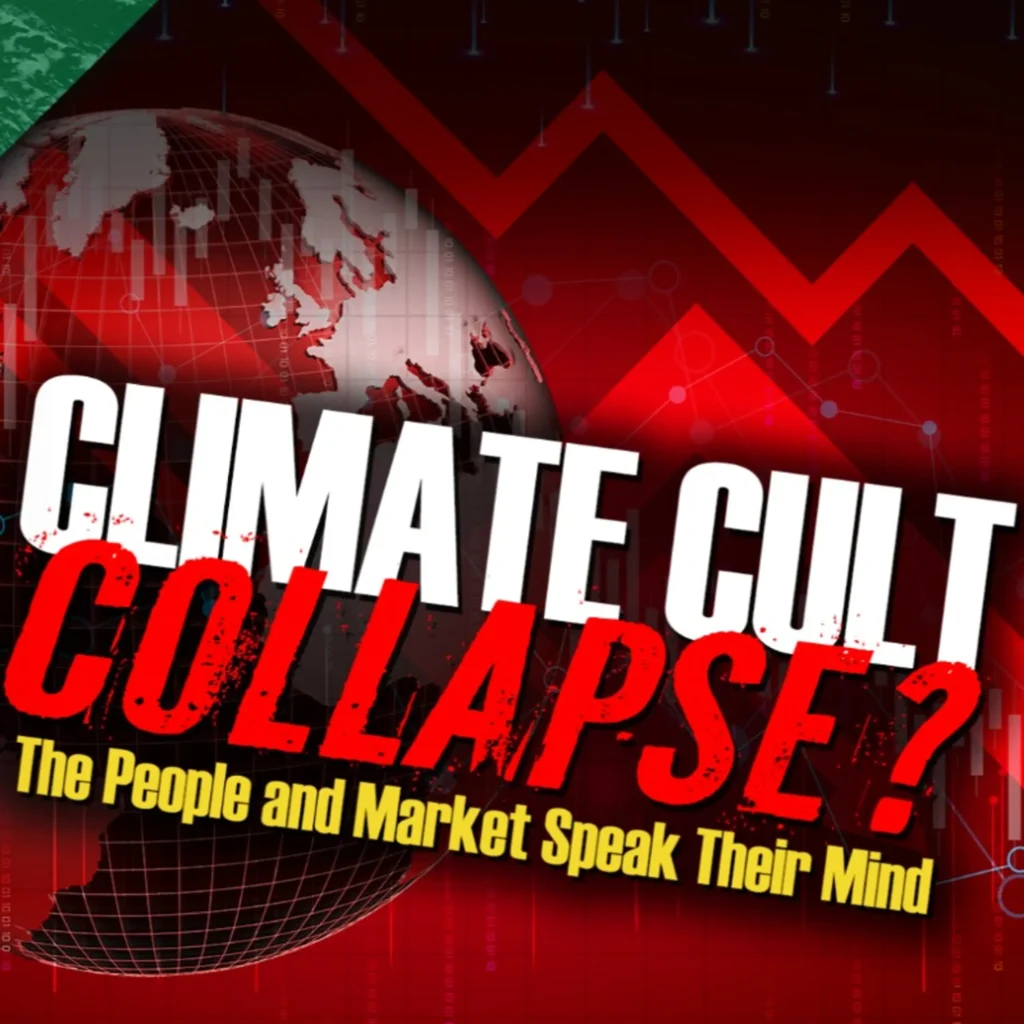We are still waiting for the transcript of the tutorial, but here are my preliminary reactions to what happened on Wednesday.
The Powerpoint used by the lawyers for Chevron (the other oil companies didn’t send someone to speak, but all of the defendants submitted the Powerpoint into testimony) is now posted here. The Daily Caller’s Michael Batasch observes the irony of an oil company citing the IPCC reports while environmentalists say those reports are inaccurate in “TABLES TURNED: Alarmists Now ‘Deny’ Climate Science While Big Oil Defends It.”
Here is my take on what is good about Chevron’s presentation:
- We have long argued that the full reports of the IPCC reports contain many admissions of uncertainty and doubt (see, e.g., page 39 of Why Scientists Disagree About Global Warming) while the “summaries for policymakers” are political documents that exclude all language implying doubt and are edited by environmental activists and politicians to serve political ends. Chevron quite rightly looked to the actual studies and documented the admissions of uncertainty during the period of time when they are accused of hiding a scientific consensus. That’s a good and safe argument. If you believe the IPCC is a credible source (more on that below), this seems to be a compelling argument for the defense.
- Chevron asks the court to distinguish between the defendants’ activities – the extraction of fossil fossils from the ground – and the activity that may be causing climate change – the combustion of fossil fuels. The IPCC of course recognizes the use of fossil fuels by consumers and industry releases the lion’s share of carbon dioxide, not the exploration, drilling, refining, and transportation of the product. Therefore, Chevron argues in effect, the IPCC reports do not prove that oil companies are responsible for global warming, or at least oil companies cannot solve the problem without the active help (sacrifice) of others. This is at least a clever argument that separates the question of “what causes climate change” from “who should be responsible for whatever harms climate change brings.” It supports the oil industry’s long-standing position that if global warming is a problem in need of solution, then the solution must involve the users (through mechanisms like cap and trade or a tax on carbon dioxide emissions) and must be international (a binding treaty requiring China and India to limit their emissions).
- Chevron directly questions plaintiffs’ claims that sea level rise attributable to global warming poses a threat to California cities by quoting IPCC reports admitting to uncertainty about the amount of rise and whether California has or will face much sea level rise in the future. For example, “It is likely that [Global Mean Sea Level] rose between 1920 and 1950 at a rate comparable to that observed between 1993 and 2010,” and “Since the late 20th century, satellite measurements of the height of the ocean surface relative to the center of the Earth (known as geocentric sea level) show differing rates of geocentric sea level change around the world. … [T]hose in the eastern Pacific Ocean are lower than the global mean value, with much of the west coast of the Americas experiencing a fall in sea surface height over the same period.” This is consistent with recent NIPCC and Heartland research on the topic.
- Chevron quotes the plaintiffs own words, contained in municipal bond offerings, admitting future sea level rise cannot be predicted. E.g., “”The City is unable to predict whether sea-level rise or other impacts of climate change or flooding from a major storm will occur, when they may occur, and if any such events occur, whether they will have a material adverse effect on the business operations or financial condition of the City and the local economy.” Citing “City & Cty. of S.F. Tax-Exempt General Obligation Bonds, Official Statement (Jan. 2017)” and a similar statement by the City of Oakland. Hypocrisy of this sort is rife in the environmental movement (cf. Al Gore), it’s nice to see it documented in this case.
Here is what is wrong with the Chevron presentation:
- There appears to be no critique of IPCC’s claim to represent the consensus of scientific thought. There is an extensive literature showing IPCC’s mandate is to make a case for action on man-made climate change rather than to test the hypothesis that a human impact is detectible and would be harmful. This makes it a political organization and not a scientific body. The way it appoints people to its task forces, conducts fake peer review, and claims confidence in its findings all suggest politics and bias. See the many references in Why Scientists Disagree About Global Warming (pp. 38-44).
 Chevron’s graphic showing “The Greenhouse Effect,” although taken from IPCC AR4, is more appropriate for a middle-school science class than a briefing before a federal district judge. Earth’s climate is probably the most complicated system known to man. Most natural processes are poorly understood, and even the most sophisticated climate models incorporate educated guesses and assumptions that are then “tuned” to produce results that conform to the modelers’ expectations (and the expectations of their government funders). Why not use this moment to admit that no progress has been made in determining climate sensitivity to a doubling of CO2 from pre-industrial levels since research began in the 1970s? That’s a missing fact in the debate.
Chevron’s graphic showing “The Greenhouse Effect,” although taken from IPCC AR4, is more appropriate for a middle-school science class than a briefing before a federal district judge. Earth’s climate is probably the most complicated system known to man. Most natural processes are poorly understood, and even the most sophisticated climate models incorporate educated guesses and assumptions that are then “tuned” to produce results that conform to the modelers’ expectations (and the expectations of their government funders). Why not use this moment to admit that no progress has been made in determining climate sensitivity to a doubling of CO2 from pre-industrial levels since research began in the 1970s? That’s a missing fact in the debate.- Chevron’s history of climate science after the 1950s erases any mention of widespread skepticism toward the claims that carbon dioxide from the combustion of fossil fuels could be affecting climate, whether it could be causing warming rather than cooling, whether future climate conditions can be forecast with any degree of reliability, and whether natural processes are sufficiently understood to distinguish their effects from the hypothetical effects of rising concentrations of carbon dioxide. The Nongovernmental International Panel on Climate Change has exhaustively catalogued this literature, as have prolific authors including Patrick Michaels and Rupert Darwall. To tell the history of climate science as the steady and inevitable climb from uncertainty to absolute confidence in the increasingly bizarre claims of the environmental left is completely and utterly wrong and, like the graphic of “the greenhouse effect,” childlike in its naiveté.
- Chevron never questions the use of the adulterated surface temperature record instead of more accurate and truly global satellite records, the latter showing very little warming since the record began in 1979. This is hardly a trivial point, since an unusual or unnatural rise in global temperatures beginning in the second half of the 20th Century is alleged to be the primary and central fact at the heart of the litigation and the entire global warming issue. Recent findings of manipulation of the temperature record, coming on top of devastating critiques of the Michael Mann “Hockey Stick” temperature record, a record endorsed and promoted by the IPCC, and the Climategate scandal exposing misconduct by many prominent IPCC authors, editors, and contributors, explain why the defendants should not concede this point.
- Chevron fails to mention even one of the series of frauds that have undermined the credibility of climate science. Those scandals include the Climategate scandal, the Phil Jones “missing database” scandal, the John Beale scandal, the UN/IPCC peer-review scandal, the NOAA surface temperature “corrections” scandal, the climate model “tuning scandal,” the PM 2.5 epidemiology scandal, the “RICO 20” scandal, and most recently the Russian collusion with environmental groups scandal. If Chevron bothered to turn some of its hundreds of lawyers loose on even two or three of these scandals, it would easily discredit the plaintiff’s alleged experts.
In short, Chevron may have made only so many arguments as it thinks is necessary to win this case, which I suppose is what good lawyers do. It made those arguments well, and perhaps they will convince a liberal judge to end a frivolous case. But Chevron left many false and misleading claims before the court, claims that contaminate the public debate on climate change and will continue to haunt the fossil fuel industry and threaten our energy freedom unless they are faced and debunked.
[First published at Watts Up With That.]





